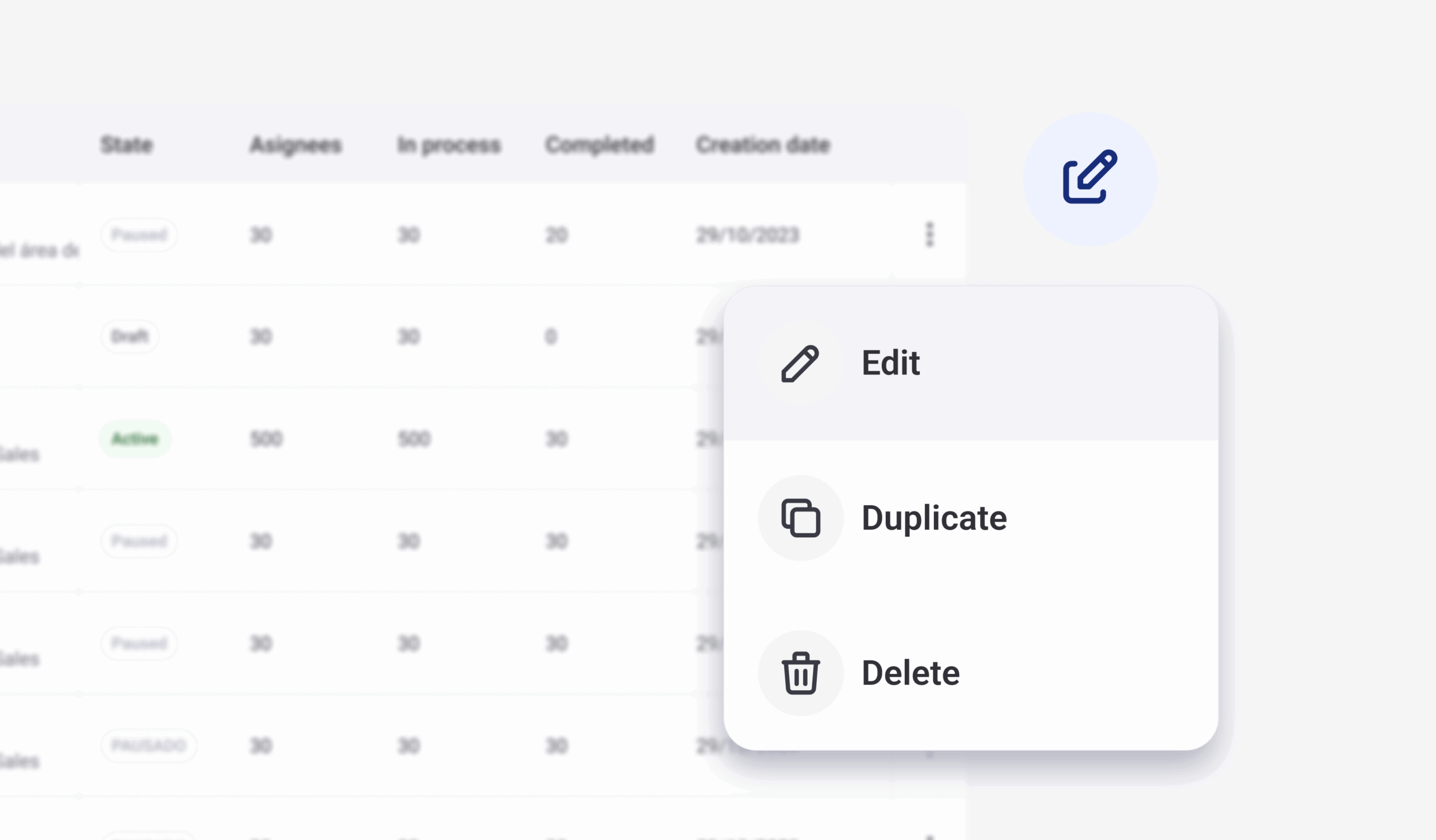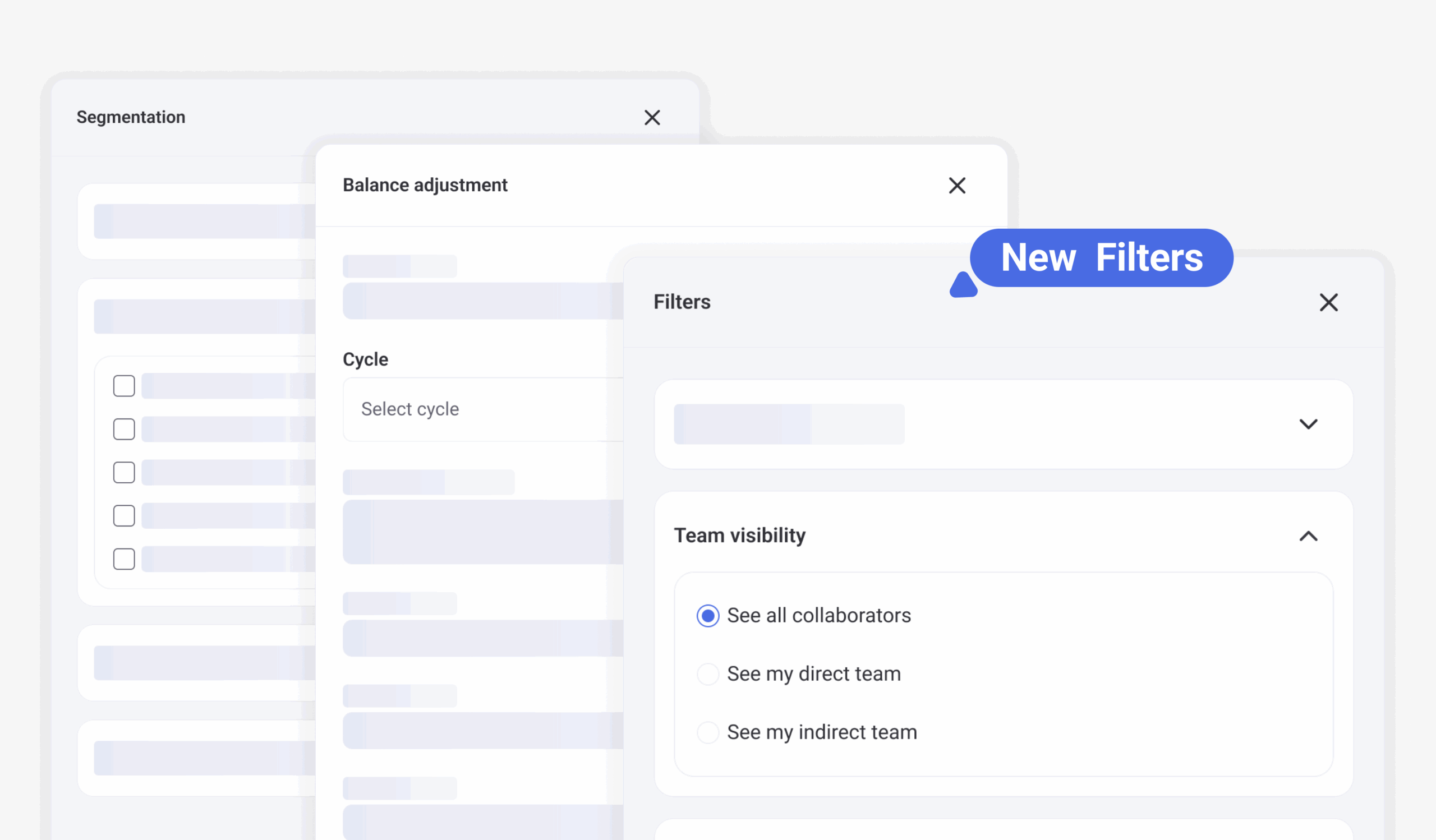Introduction
June 3rd is a special date for many companies and professionals in Argentina: it’s Human Resources (HR) Professionals’ Day. This day is an opportunity to recognize and appreciate the work of those dedicated to managing talent and well-being within organizations. But why is this celebration so crucial?
This day highlights the human importance behind people management. What makes HR professionals so essential to workplace well-being? Join us on this journey to discover how these experts contribute to the success of companies and the well-being of their employees. Keep reading to find out why June 3rd is a day that all organizations should celebrate!
What is Human Resources Professionals’ Day?
This celebration not only highlights the importance of these professionals but also underscores their impact on creating positive and productive work environments.
Origin and Purpose of this Special Date
Human Resources Professionals’ Day was established to honor all those who, with their dedication and skills, contribute to the growth and development of companies. In Argentina, where businesses face unique and varied challenges, HR professionals play a crucial role in navigating these challenges and turning them into opportunities for improvement.
This day is an occasion to reflect on best practices in human resources management, as well as to recognize the achievements and advancements in this field.
The Fundamental Role of HR Professionals
Human Resources (HR) professionals are a key component of any organization. Their work goes beyond personnel management; they are responsible for building and maintaining a positive organizational culture, ensuring employee well-being, and fostering a productive and harmonious work environment.
Human Resources Management in Practice
On a daily basis, HR professionals perform a variety of tasks essential for the functioning of the company. These include hiring and selection, payroll management, benefits administration, and conflict resolution. Additionally, they play a strategic role in organizational planning and development, ensuring the company has the talent necessary to achieve its goals.
A fundamental tool for HR workers is Humand. This platform allows for the centralization and simplification of all processes, enabling HR professionals to manage their tasks more efficiently, quickly, and effectively. With Humand, companies can handle everything from internal communication to performance evaluation and employee training, all from one intuitive and accessible application.
Strategies to Promote Workplace Well-being
Workplace well-being is a crucial aspect that HR professionals must manage carefully. A positive work environment not only increases employee satisfaction and engagement but also improves productivity and reduces turnover.
Some strategies used by HR professionals to promote well-being include:
Wellness Programs: Implement initiatives that promote the physical and mental health of employees, such as sports activities, mindfulness workshops, and psychological counseling.
Work Flexibility: Offer flexible work options, such as adjustable hours and the possibility of working from home, to help employees better balance their work and personal responsibilities.
Professional Development: Provide training and professional development opportunities so employees can grow and advance in their careers.
Recognition and Rewards: Establish recognition systems to celebrate employees’ achievements and contributions, fostering a sense of belonging and motivation.
Open Communication: Promote a culture of open and honest communication where employees feel heard and valued.
The Importance of HR Training
Training in Human Resources (HR) is essential for developing the skills and knowledge necessary to effectively manage talent and well-being in organizations. In Argentina, the demand for trained HR professionals continues to grow, making education in this field increasingly crucial.
HR Training Options
There are various pathways to obtain solid training in human resources, from bachelor’s degrees to specialized technical programs. Here are some of the most relevant options:
Bachelor’s Degree in Human Resources Management: This university program offers comprehensive training in all aspects of human resources management, including personnel selection, payroll administration, labor relations, and organizational development. In Argentina, many prestigious universities, such as the University of Buenos Aires (UBA) and the University of Belgrano (UB), offer bachelor’s programs in HR.
HR Technical Degree: Technical degrees are shorter, more practical programs focused on providing specific skills for human resources management. These typically last between two and three years and are offered by various technical and tertiary institutions in Argentina. A technical degree in HR is ideal for those seeking a quick entry into the job market with practical and applied training.
Courses and Certifications: In addition to university degrees, there are numerous courses and certifications that can complement HR training. These programs can cover specific topics such as payroll management, labor legislation, or advanced recruitment techniques. Institutions like the Training Institute of the Argentine Chamber of Commerce (CAC) offer specialized courses in HR.
Benefits of Proper HR Training
HR training not only provides the technical knowledge necessary for managing human talent but also develops crucial soft skills, such as effective communication, conflict resolution, and leadership. These competencies are essential for creating a positive and productive work environment.
Challenges and Opportunities in the HR Field
The field of Human Resources (HR) is constantly evolving, facing new challenges and opening doors to innovative opportunities. In Argentina, HR professionals must adapt to a dynamic environment influenced by economic, technological, and social changes. Here we explore some of the main challenges and opportunities facing the HR field:
Adaptation to Digital Transformation: The digitalization of HR processes is an ongoing challenge. HR professionals must integrate new technologies and platforms, such as Humand, to improve efficiency and internal communication. Resistance to change and lack of technological skills can be significant obstacles.
Talent Retention: High employee turnover is a common issue. HR professionals need to develop effective strategies to retain employees by offering professional development programs, competitive benefits, and a positive work environment.
Change Management: In a constantly changing business environment, managing the transition and adaptation of employees to new policies, technologies, and organizational structures is crucial. Lack of communication and support during these periods can negatively affect employee morale and performance.
Diversity and Inclusion: Fostering an inclusive and diverse work environment is essential but can be challenging. HR professionals must develop policies and practices that promote diversity and inclusion, ensuring all employees feel valued and respected.
Legal Compliance: Staying up to date with labor laws and regulations is crucial to avoid litigation and ensure a fair work environment. HR professionals must be well-informed about current labor laws and ensure the company complies with them.
Promoting Workplace Well-being: The growing focus on workplace well-being presents an opportunity for HR professionals to implement programs that improve employees’ physical and mental health. Initiatives like flexible schedules, remote work, and wellness programs can increase employee satisfaction and productivity.
Continuous Professional Development: Offering continuous learning and development opportunities is key to attracting and retaining talent. HR professionals can create internal training programs and partnerships with educational institutions to enhance employees’ skills and competencies.
Positive Organizational Culture: Fostering a positive organizational culture can set a company apart from its competitors. HR professionals can work on creating a work environment where the company’s values and mission align with employees’ expectations and needs.
Diversity and Inclusion Strategies: Promoting diversity and inclusion can bring significant benefits to the company, such as increased creativity and innovation. HR professionals can lead initiatives to create inclusive policies and ensure all employees feel valued.
At Humand, we understand the challenges and opportunities facing HR professionals today. That’s why our platform is designed to support companies in managing human resources, providing tools and solutions that facilitate adaptation to changes and the implementation of best practices.
For more details on how Humand can help your company overcome these challenges and seize opportunities, visit our website.
Celebrating HR Professionals
Human Resources Professionals’ Day is the perfect opportunity to recognize and appreciate the hard work of those dedicated to managing talent and promoting well-being within organizations.
Here are some ways companies can honor their HR teams:
Special Events: Organize a lunch, dinner, or special event in honor of HR professionals. This not only shows appreciation but also provides an opportunity for HR employees to connect and share experiences.
Awards and Recognition: Implement a system of awards and recognitions specifically for HR professionals. This can include awards for “Best Talent Manager,” “HR Innovator,” or “Leader in Workplace Well-being.”
Training and Development: Offer additional professional training and development opportunities. Enrolling HR employees in advanced courses, seminars, or workshops can be an excellent way to show appreciation while enhancing their skills.
Thank You Messages: Send personalized thank-you messages from senior management. Public recognition during meetings or through emails can make HR professionals feel valued and motivated.
Small Gestures: Sometimes, small gestures mean a lot. Words of appreciation, personalized cards, or even an extra day off can be simple yet meaningful ways to show recognition.
Conclusion
Human Resources Professionals’ Day is an occasion to celebrate and appreciate the essential work these professionals perform every day. Their impact is profound and lasting. As companies face new challenges and opportunities, the role of HR professionals will be more crucial than ever. Let’s take this day to thank them and recognize their invaluable contribution to the success of our organizations.
For more information on effective human resources practices, visit our HR blog.






